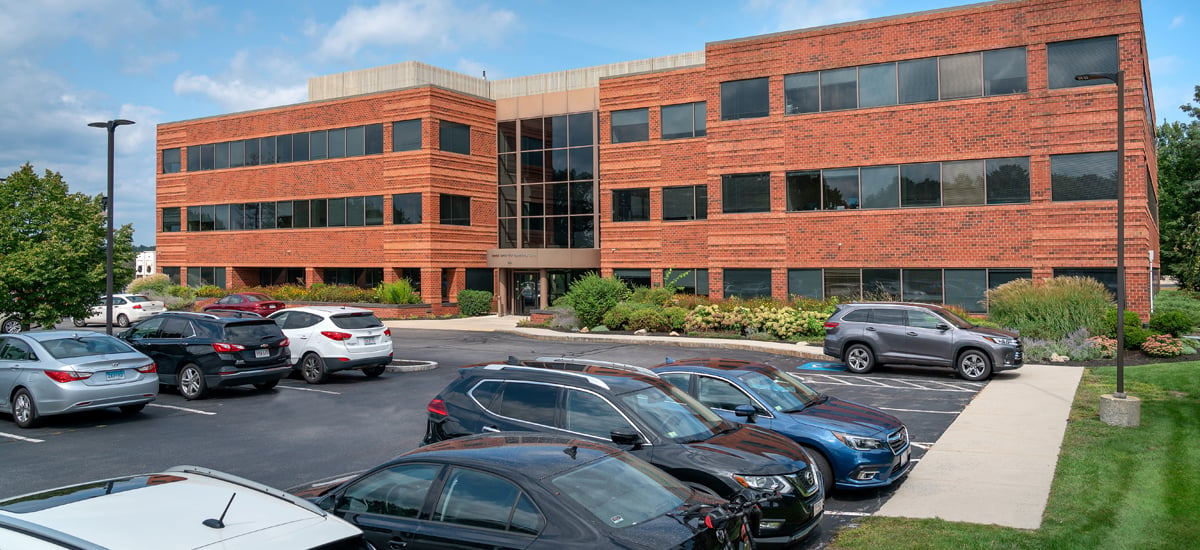Medications or Surgery for Weight Loss? Insights from an Expert Weight Loss Physician

Medications or Surgery for Weight Loss?
Deciding how to lose weight is complicated. For many people who are overweight, improving diet and increasing exercise do not result in the desired amount of pounds lost, or long-term success. Medications for weight loss can be effective. Minimally-invasive surgery options provide substantial and long-lasting weight loss over time.
Read on to learn key insights from David Lautz, MD, FACS, FASMBS, experienced weight loss physician and director of Emerson’s Center for Weight Loss, to help you learn about options for effective, long-term weight loss.
Understanding Weight Loss Medications
Weight loss medications, known as GLP-1s, work in a variety of ways, depending on which type of GLP-1 you use. They can decrease your appetite, reduce fat absorption, or increase metabolism to help you lose weight.
Effectiveness, Availability, and Cost
GLP-1 is a natural hormone that we all have in our bodies. The hormone naturally increases after a meal and then returns to low levels. GLP-1 medications stimulate your body to make GLP-1 at high levels. The current GLP-1 medications may provide a higher degree of weight loss than those that were available years’ ago. Their effects can represent real hope for some patients who need to lose weight.
Since the current GLP-1 medications are still relatively new, their long-term effectiveness is not yet fully known. Research is underway to learn more.
GLP-1 medications require a prescription from a doctor, physician assistant, or nurse practitioner. Not all health insurance covers the cost of the medications, and they can be expensive. It is always best to check with your insurance to learn what is covered and any out-of-pocket expenses associated with the medications.
Bottom line: Consult with an experienced physician who specializes in weight loss to determine if medication is right for you.
Exploring Weight Loss Surgery
Weight loss surgery (also known as bariatric surgery), such as gastric bypass and gastric sleeve, reduces the size of your stomach to restrict food intake, which leads to substantial weight loss. Each type of minimally-invasive procedure has both short and long-term benefits.
Scientific research shows that weight loss surgeries are highly effective for people who need to lose significant weight loss. Research shows that weight loss procedures are among the safest surgeries performed.
Surgery is not a quick fix to lose weight. Rather, it is an effective tool to help people who need to lose more than 100 pounds and improve their overall health. Long-term success after weight loss surgery requires patients to adhere to diet and lifestyle changes.
Bottom line: It is essential to consult with an experienced weight loss physician to assess your options that best support you and your health goals. Support from a trusted team of experts, including a nutritionist, is critical for lifelong success.
Get Expert Advice
There is no one-size-fits-all solution for weight loss. To guide your decision, meet with an experienced physician specially trained in weight loss. People who need to lose significant weight or have weight-related health issues may benefit more from minimally-invasive surgery.
Seek guidance from experienced, non-judgmental healthcare providers. They will discuss your options and provide recommendations and a customized plan based on your medical hisotry, personal, and long-term health goals.

Request Information
To learn more and view an online information session, fill out the form below. You can also call our office at 978-287-3532. We are happy to provide more information and answer your questions. We look forward to meeting you and helping you achieve long-term weight loss and improve your health and wellness.
Learn More
Our Weight Loss Center
-
Emerson Health Center for Weight Loss
54 Baker Avenue Extension
Suite 101
Concord, MA 01742



